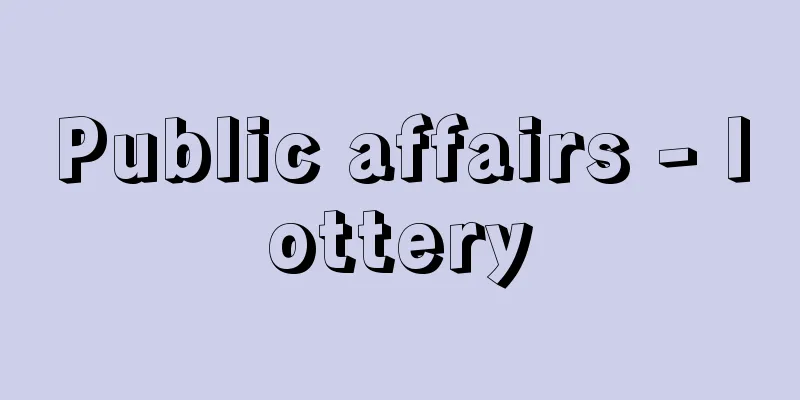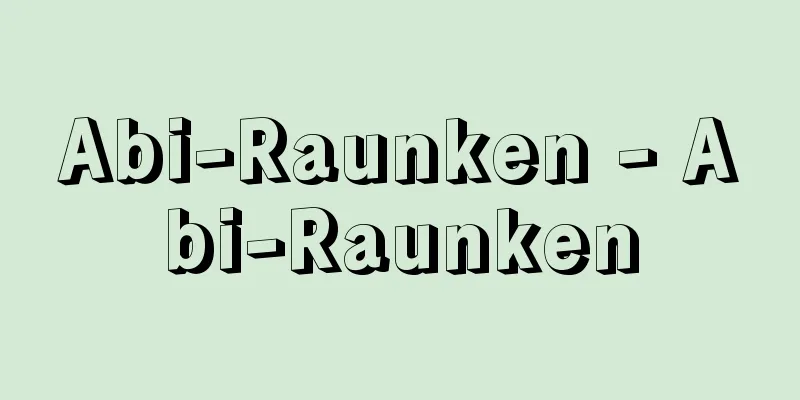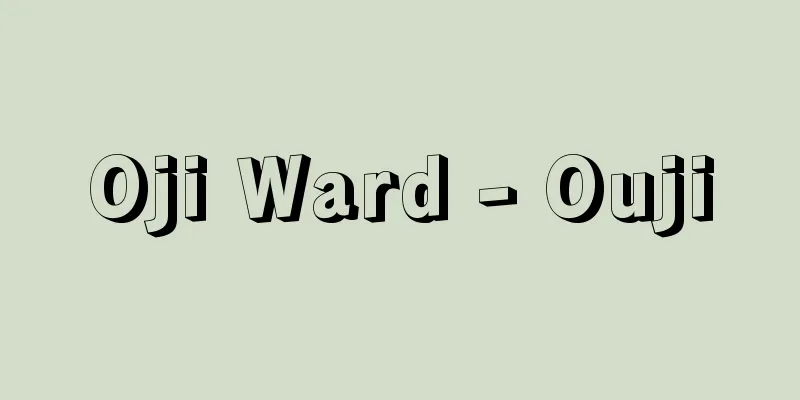Public affairs - lottery

|
〘 noun 〙 In the Middle Ages, products collected as a public service (lottery) . Items paid in kind. Public property. ※Kōyasan documents - October 1354 (Shōhei 9), Sumida -shō three -monk contract: "In addition to this, there are also public property items , but they cannot be used for anything else . There is no deposit. " Source: The Selected Edition of the Japanese Language Dictionary About the Selected Edition of the Japanese Language Dictionary Information |
|
〘名〙 中世、公事(くじ)②として徴収された物産。現物で納めたもの。公物。※高野山文書‐正平九年(1354)一〇月日・隅田庄三供僧契状「此外云二年貢一云二公事物一、或雖レ為二何物一、不レ可レ有二預所縡一」
出典 精選版 日本国語大辞典精選版 日本国語大辞典について 情報 |
Recommend
Shopping street - Shotengai (English spelling)
An urban area where retail and wholesale functions...
Murder - Murder
〘 noun 〙 Killing someone. Murder. ※Shoku Nihongi -...
Free rider
A free rider is someone who enjoys the benefits of...
Office work - Shomu
〘Noun〙① Duty. Job. Duties. ※Shoku Nihongi - Yoro 3...
Ruffini ending
…Also called touch corpuscles. (3) Ruffini ending...
Record - Kisou
...a description of all the main characteristics ...
Bird's nest - performance
Also called "Swallow's nest" or &quo...
Mr. Ta - King
A clan active in ancient Japan. The character Ta c...
Winner, M. (English spelling) WinnerM
However, as the Italian film industry faced a ser...
sarcomere
…The striations consist of a dark A band and a li...
Hong Gyeong-rae's Rebellion
A popular uprising in 1812 at the end of the Yi Dy...
Micro Rose (English)
…In recent years, two groups have been derived fr...
Public affairs land - Kuujijoden
...In other words, the eldest son system had the ...
Satsumaage - Fish cakes
This is fried kamaboko made by deep-frying paste ...
Conquest of Koshu
This is the battle in 1582 (Tensho 10) in which Od...









